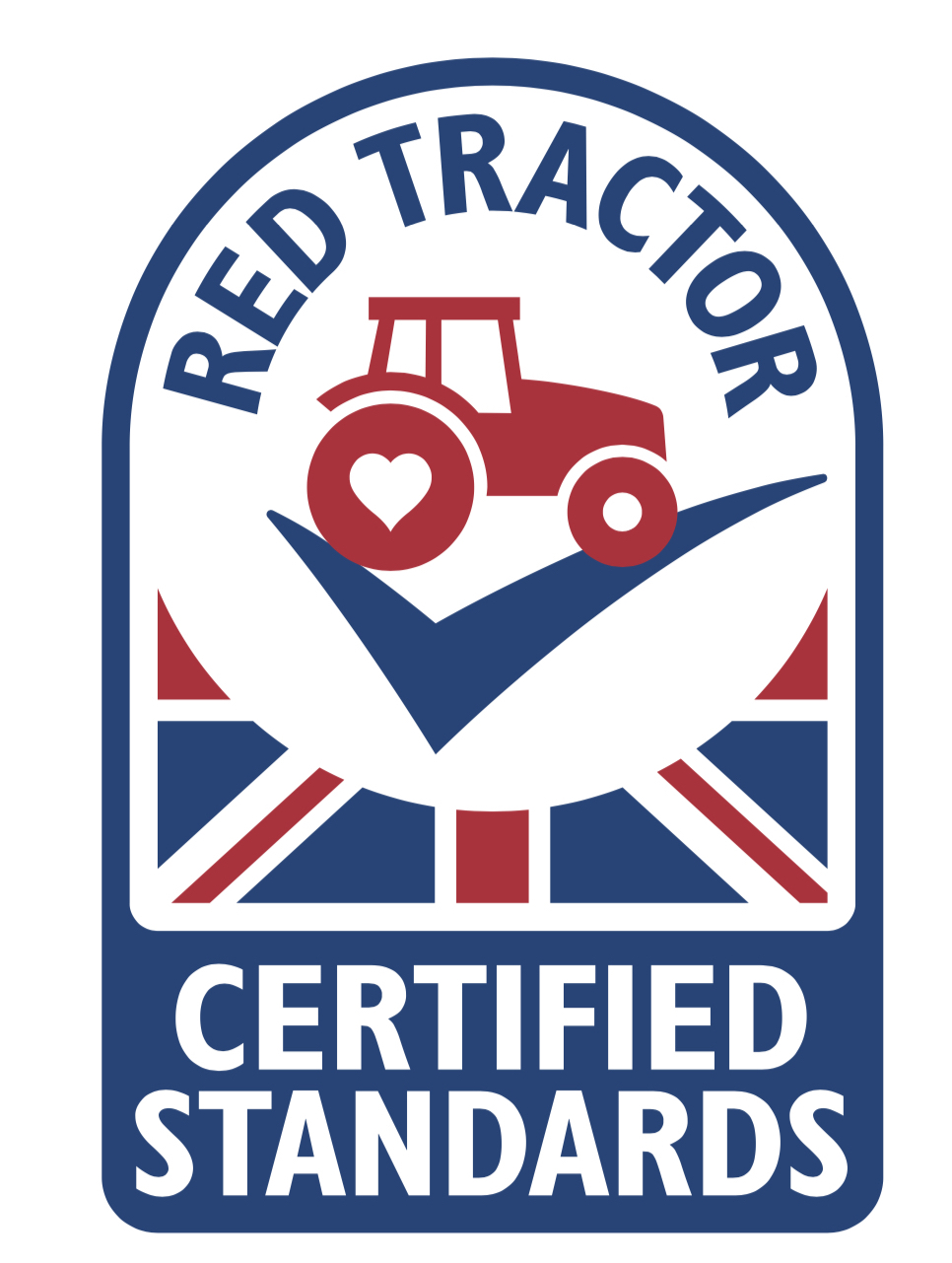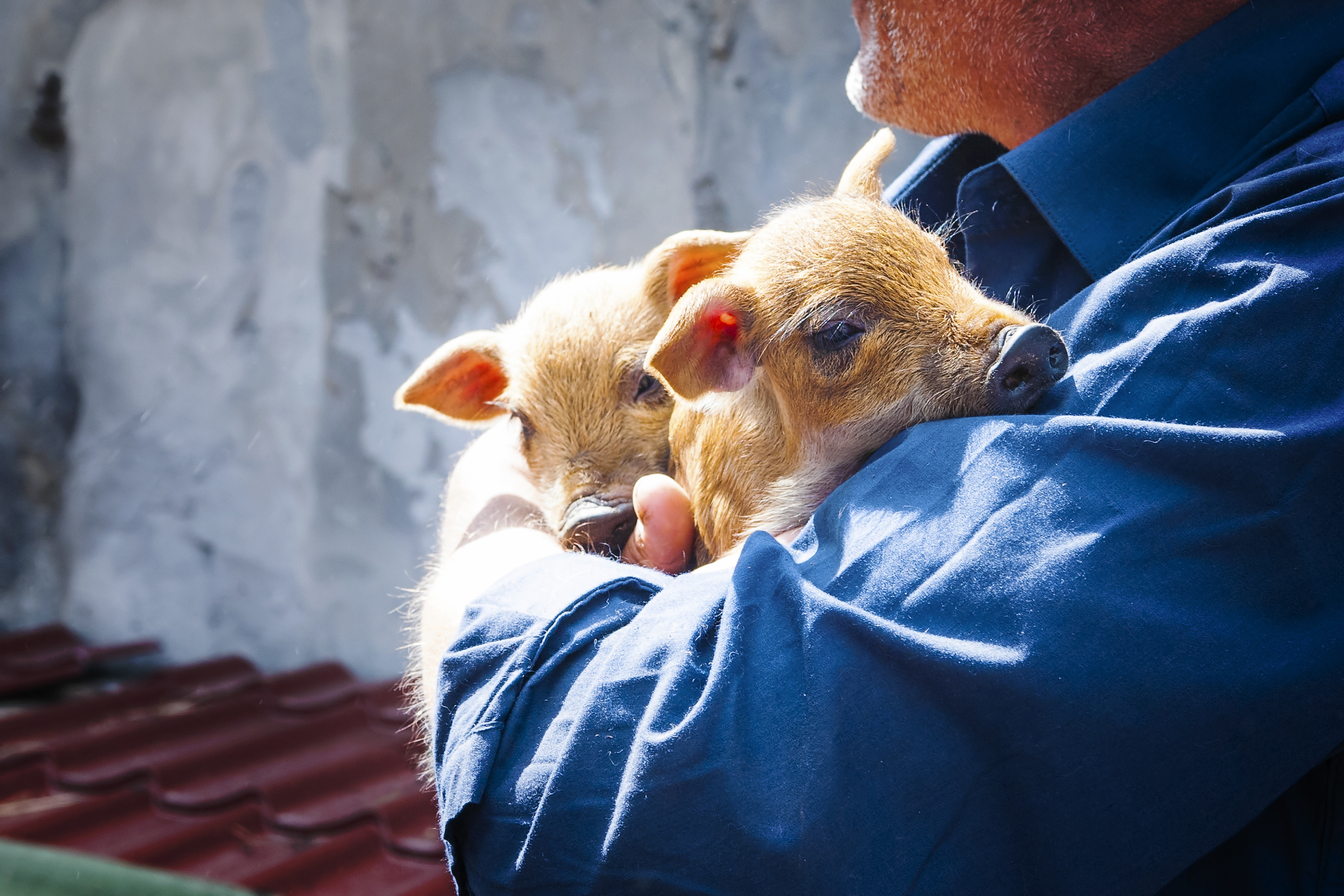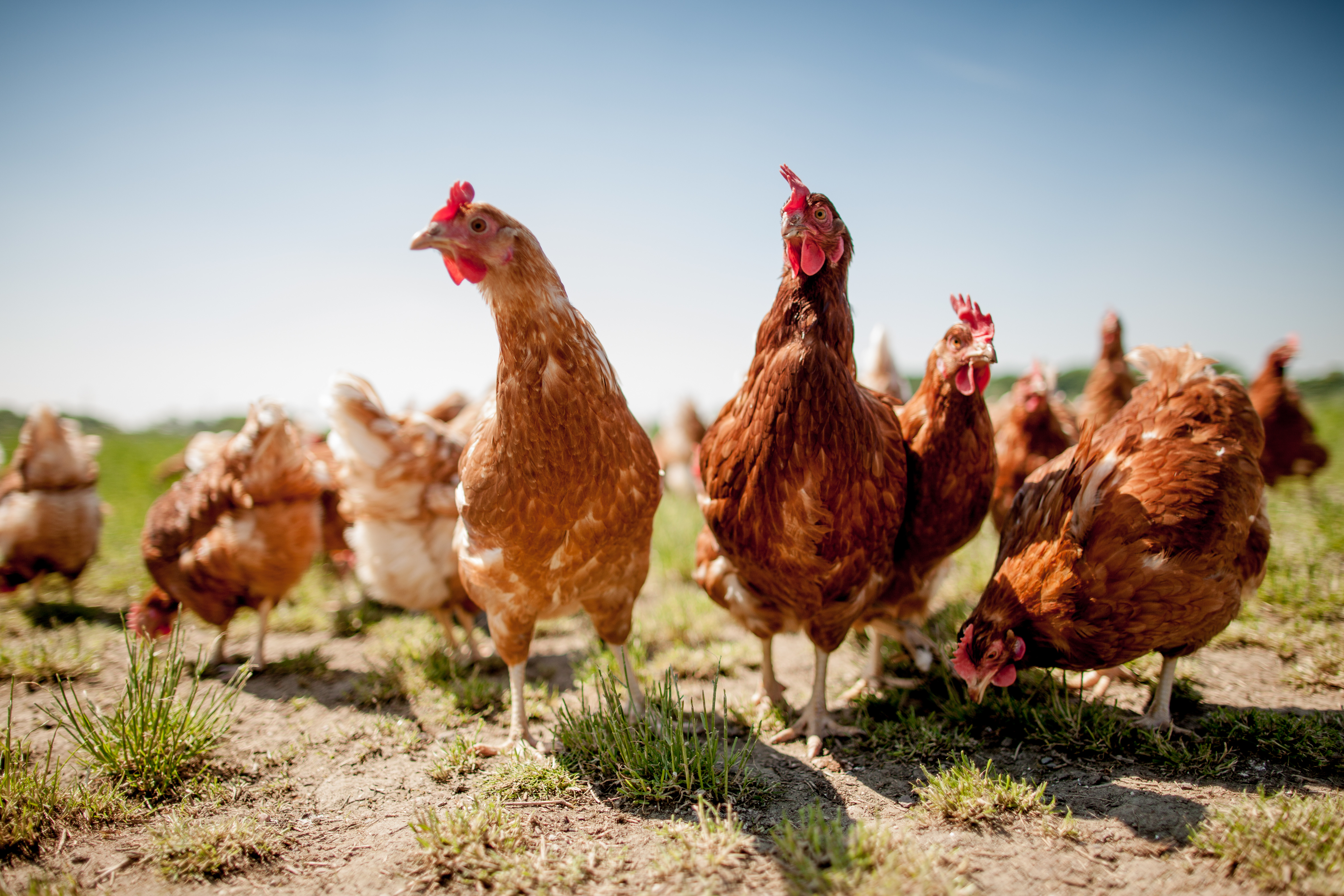



Red Tractor revises farm standards to equip British agriculture for the future
Red Tractor, the UK’s largest and most comprehensive food assurance scheme, has shared how it has listened to feedback and outlined what is changing in its revised farm standards from November.This year for the first time in its history, Red Tractor opened the process to its 46,000 members and the entire food supply chain, making it the biggest and most transparent consultation ever.


The proposals sought to engage as many people as possible across the Red Tractor supply chain to streamline standards, comply with legislation, meet changes in consumer demand, and provide clarity for both farmers and their assessors.
The consultation followed a rigorous three-staged process adhering to the gold standard recommendations of the British Standards Institute - committee, consultation and consensus.
Over 3,000 pieces of feedback were fed into the technical advisory committees and sectors boards for consensus, before being agreed by the main Red Tractor board. This differentiated our approach and saw certain proposals dropped, while others were simplified and clarified.
Some new standards have been added because of legislation change, such as an amendment to vermin control standards to comply with food safety law, or industry commitments to improving animal welfare, including the wider dairy sector’s pledge to eliminate the routine euthanasia of calves by 2023.
The industry spoke and we listened
Red Tractor’s CEO Jim Moseley said: “We set out to hear from all stakeholders and to engage as much of the farming community as possible, and I’m delighted by the amount of feedback that was generated by the review. This has been enormously helpful for informing the work to finalise the new version of the standards.
“Our standards need to achieve two key objectives - first to meet the needs of consumers who expect high standards but shop keenly on price, and second to provide farmers and the supply chain with manageable standards. Getting that balance right then also satisfies the needs of food businesses and government.
“With its structures of sector boards and technical committees, and through the comprehensive feedback of the consultation, Red Tractor is in a fortunate position to achieve that crucial balance that benefits the UK food supply chain.”
Key changes in each sector
Pigs
- New: All units must put measures in place to minimise the risk of tail biting and avoid the need for tail docking. This includes an annual risk assessment on all units and an action plan on farms rearing docked pigs. Anyone carrying out docking needs to have evidence to support the continued need, including a detailed quarterly veterinary review. Monitoring health and performance is key to ensuring oversight of pig health and welfare.
- Upgraded: Our enrichment standard, in line with Defra’s Code of Practice, to require specific combinations of enrichment materials and objects, to ensure this important behavioural need of pigs is met.
- Revised: Stock people need to be robustly trained on pig euthanasia to ensure best practice is maintained. Initial euthanasia training must now be carried out by a vet or via a Humane Slaughter Association course. Where a mechanical device is used for piglet euthanasia, we have aligned our requirements with the Humane Slaughter Association’s guidance to ensure effectiveness.
- New: Anyone involved with the care of pigs must now complete online pig welfare training in key areas including best practice around moving and handling pigs to ensure consistent training so that all pigs are always treated compassionately.
- New: At least one person on every farm must undertake training in the responsible use of medicines. Where a farm is identified as persistently using high amounts of antibiotics, they must now develop and implement an action plan with their vet to reduce antibiotic use.
- New: When there is an outbreak of disease, it can be useful if nearby farms are made aware so they can tighten their biosecurity. To facilitate this, members must sign up to the Significant Diseases Charter and report disease outbreaks.
- New: All farms with workers must have a written Health and Safety policy – this is a slight advance on the legal baseline which only applies to businesses with more than five employees. Given high fatality figures in the industry Red Tractor believes it is essential to check policies are in place and communicated to workers.


Chicken
- Revised: Updating our standards with best practice, on all grower unit’s, enrichment now needs to be provided and evenly placed in the shed by day 3 at the latest rather than day 7 as currently.
- Revised: The free range and enhanced welfare standards require only slower-growing breeds – the list of acceptable breeds has been updated in line with current research. This means we can give a guarantee to consumers that only slower growing breeds are used in our free-range standards as their growth rates are better suited to this production system.
- Revised: To meet customer and consumer expectations, all broiler, poussin, and free range units must meet the minimum standard of windows at 3% of the floor area by October 2023.
- Upgraded: A heat stress policy must be demonstrably implemented on the farm. Heat stress continues to have a significant impact on bird mortality.
- New: All farms with workers must also have a written Health and Safety policy – this is a slight advance on the legal baseline which only applies to businesses with more than five employees. Given high fatality figures in agriculture Red Tractor believes it is essential to check are in place and communicated to workers.
- New: There are a number of changes for hatchery eggs to align with turkeys and ducks, including fumigating and sanitising eggs prior to setting, temperature and humidity-controlled storage rooms and records of checks, improved egg traceability and transport of eggs and chicks.
- Upgraded: We are strengthening our standards on Mycoplasma testing for breeder layers. Testing is in line with the Poultry Health Scheme requirements, testing records for Mycoplasma gallisepticum and Mycoplasma synoviae must be retained to ensure bird welfare and the prevention of disease.
- New: The turnaround times between flocks on farm must now be no less than 5 calendar days. This will ensure that farms have enough time between flocks to clean and disinfect houses between new flocks arriving.


Stuart Roberts, NFU deputy president, said: “It has never been more important for British agriculture to be in tune with the public. Following feedback from the NFU and farmer and grower licensees, Red Tractor has developed the right standards to progress our industry, while balancing the needs of farmers with the evolving demands of shoppers and the supply chain.
“Going forward I would like to see Red Tractor embrace the eight principles that NFU has set out for future standards development.”
Nicholas Saphir, AHDB chief executive, said: "Effective assurance and hence consumer confidence in British produce is essential for the marketing work we do, spending levy payers funds on defending the reputation of our industry.
“Marketing support for our standards at a time of free trade agreements and open doors depends on the industry working together to ensure assurance standards and inspections are effective and relevant, amending standards and approaches where needed.
“It is good to see Red Tractor removing and simplifying standards where they are not adding value, and introducing new ones where consumers' genuine concern and retailers' response allow us to maintain and develop a profitable market share for farmers and growers.”
Industry reaction
Richard Griffiths, British Poultry Council chief executive said: “Red Tractor’s food standards are actively applied across the British poultry meat sector, and recognised as the benchmark for quality both in the UK and worldwide.
“The British Poultry Council and its members are proud to have helped develop these updated standards, so consumers know that the food on their table is produced safely and to the highest welfare and environmental standards. Standards evolve to meet the needs of consumers and the wider supply chain, and we are confident that these will bolster the industry that feeds the nation their favourite meat.”
Zoe Davies, National Pig Association chief executive said: “This is a great opportunity for UK pig farmers to demonstrate how committed they are to continually improving standards on farm, not only building on our high welfare standards but increasing confidence in our supply chain and retaining customer support for UK pork”.
Bolt-on modules
While changes to Red Tractor’s core standards mean members keep pace with mainstream market demands, there are some end-users who will require farmers and growers to demonstrate their business credentials on the important issues of worker welfare and sustainability.
In response to feedback during the consultation, Red Tractor will develop optional modules in these areas which bolt on to the core standards. Further information on how the modules will be developed and when they will be launched, will be available next year.


Jim Moseley added: “One of the key themes from the review was the appeal for Red Tractor to provide some flexibility within the schemes.
“This proposed approach will deliver the right standards across the supply chain which could deliver even greater market access for our farmer members with minimal impact on the audit burden. We will continue to work with our supply chain customers to explore how this could be delivered effectively.”
Andrew Opie, British Retail Consortium chief executive, said: “Customers trust us to make sure the food that gets to their plate has been produced to the high standards they expect. This fifth standards review has given us another opportunity to listen widely to everyone's viewpoint. It is important the standards don’t stand still, and we look forward to more progress on climate change and ethical labour over the next few years."










